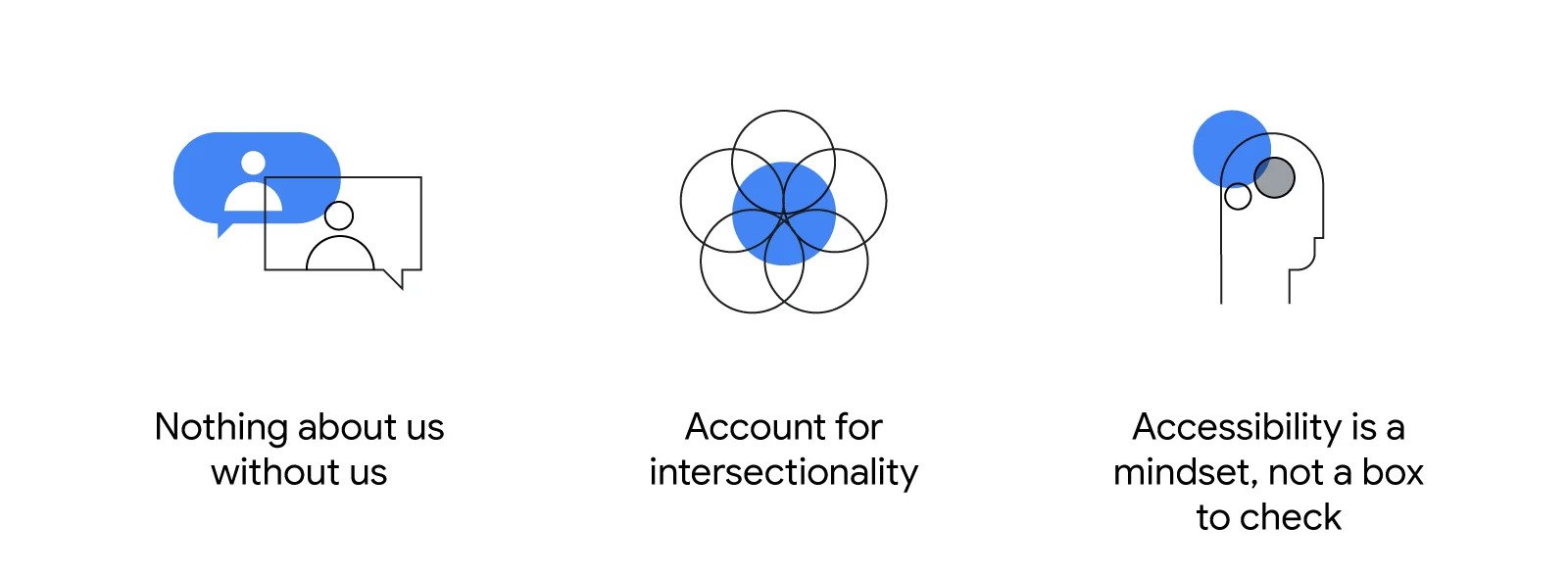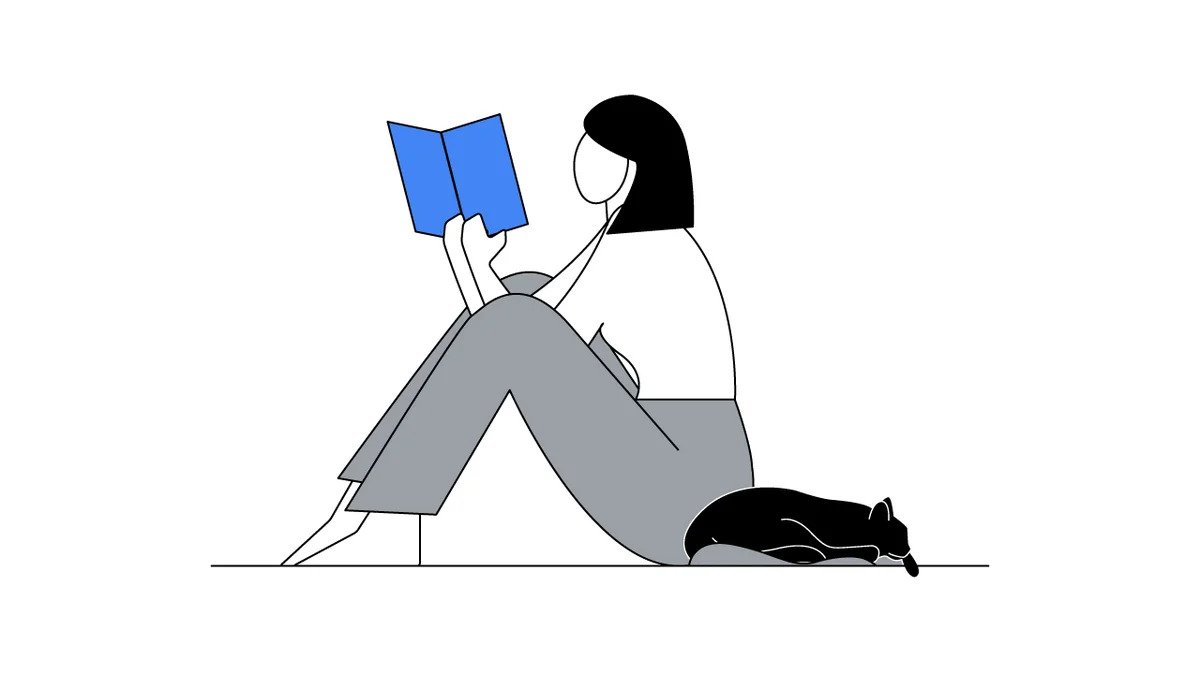Embracing diversity in marketing
The community of individuals with disabilities remains overlooked and underestimated within the advertising industry. KR Liu, the leader of brand accessibility at Google, recounts her personal journey and elucidates the vital role of accessible marketing for every brand.
I am a woman, identify as queer, and live with a disability. Throughout a significant part of my life, these facets of my identity were barely, if at all, genuinely represented in the media and advertising landscape. This led me to feel alienated, unappreciated, and isolated. Consequently, I spent over a decade concealing my true self in my personal life and professional environment.
A few years back, I started to acknowledge that every aspect of my identity was integral and that no single part could exist in isolation from the others. It was the first time I sensed that people cared about my entire persona, instead of focusing solely on my disability. This realisation was transformative.
Regrettably, many others can identify with my experience of feeling insufficiently acknowledged and represented within society, and within brand advertising. High-quality adverts should resonate with everyone, including the 1 billion people globally who identify as disabled and hold 8 trillion dollars in purchasing power. They should also respect intersectionality because, like myself, every disabled person has multiple aspects to their identity that define them.
I'm privileged to have a professional role centred around enhancing the accessibility of Google's marketing for our billions of users. While accessibility has always been fundamental to our corporate mission — to organise the world's information and make it universally accessible and valuable — achieving true accessibility is a journey, and we've not always hit the mark. We're constantly exploring ways to improve, and we aim to assist other brands in doing the same.
A year ago, Google launched Google.com/All-In, an inclusive marketing toolkit designed for brands and agencies. I'm thrilled to announce that All In now encompasses a brand-new playbook on accessible marketing, developed in collaboration with LaVant Consulting and Disability:IN, and endorsed by the American Association of Ad Agencies, Ad Council, Cannes Lions, and numerous other leading organisations.
This playbook significantly influenced Google’s marketing over the past year and represents the culmination of years of research and collaboration spanning numerous accessibility subjects — from web experience to genuine portrayals of individuals with disabilities.
We're publicly sharing it in the hope of enhancing media representation of disabled individuals and fostering fully accessible work. Additionally, I'm sharing three core principles from the playbook, hoping it will encourage you to visit All In for more information.
Nothing about us without us
People living with disabilities are their own best experts, emphasising the importance of including their perspectives from the outset. Frequently, this requires investing in the necessary resources to get accessible marketing right, such as training and supporting internal teams.
For many businesses, this may also mean seeking advice from a specialised third party. At Google, we've pursued partnerships with several disability inclusion experts, including LaVant Consulting and Disability:IN. Partnerships like these enable you to demonstrate allyship and engage directly with the disability community, thereby diversifying the ideas that fuel your work.
Recognise intersectionality
To make marketing genuinely inclusive and accessible, brands need to consider people with disabilities in a comprehensive manner and appreciate the array of identifiers that comprise identity. In addition to disability, gender, race, ethnicity, sexual orientation, age, and education level are just some of the ways people may define themselves.
Failure to recognise and embody intersectionality in your messaging risks simplifying disabled individuals' complex identities into cliched narratives, reinforcing stereotypes rather than empowering them. A useful guideline is to always strive for nuanced narratives, preferably those derived directly from the people represented in the narrative.
One example of this is Google’s campaign, "A CODA Story", which chronicles the multigenerational personal journey of Tony Lee, an Asian American Googler and a child of deaf adults (CODA).
The film depicts Lee and his family as they overcome gaps in distance and communication during the pandemic, facilitated by Google's assistive technologies.
Accessibility is a mindset, not a checklist item
Best practices for disability inclusion and accessible marketing evolve over time as technology progresses and societal attitudes shift. It's a dynamic journey that heavily depends on the needs of individuals with disabilities. Similar to other inclusion forms, accessibility should be a steadfast commitment that's integrated into every stage of your brand campaigns — from inception to execution, and beyond.
At Google, we've made significant strides in accessible marketing, but we recognise there's much work left to do. Realising our accessibility objectives is an ongoing process, and we continuously learn from it.
Commitment to accessibility in marketing dismantles barriers, benefiting all users
Google has repeatedly demonstrated that accessible and disability-inclusive marketing benefits everyone, and the advantages extend even further. When all individuals can fully access and interact with your products, content, and experiences, it's good for business.
Brands that prioritise this concept as a human and commercial necessity will discover that it opens their work to a more diverse audience. Committing to accessibility in marketing removes barriers and enables brands to excel in their work, improving the experience for all users.
Collectively, we can instigate a cultural shift that represents and celebrates individuals with disabilities in their entirety. A world where everyone can see themselves is a world where everyone has what they need to flourish.
Inclusive marketing is pivotal to us, to assist our teams in enhancing representation and belonging in our work. All In is an inclusive marketing toolkit for brands and agencies, sharing the insights we've gleaned with you.



